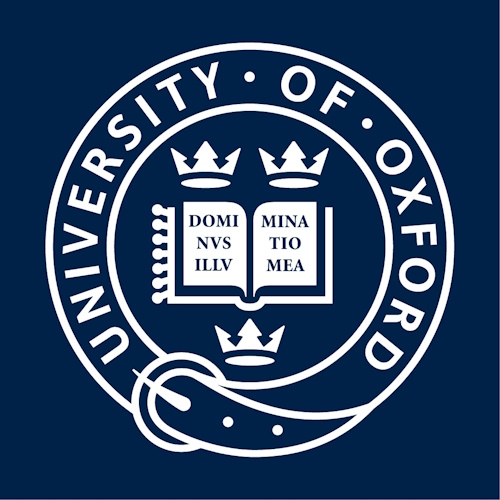Key points from article :
A research team at the University of Oxford’s Nuffield Department of Medicine has gained access to one of the UK’s most advanced AI supercomputers, known as Dawn, to accelerate the development of cancer vaccines. Under a government-backed initiative, the team will be able to use Dawn for 10,000 hours of computing time. The aim is to analyse massive datasets from cancer patients in search of patterns that could inform more precise and effective treatments.
The project is led by Dr. Lennard Lee, Associate Professor at Oxford’s Centre for Immuno-Oncology. He explained that while cancer’s complexity makes it challenging to treat, the supercomputer’s speed and capacity offer a unique advantage. By processing tens of thousands of patient datasets in a fraction of the usual time, researchers hope to uncover previously hidden insights into how cancers evolve and respond to different interventions.
Beyond advancing vaccine design, the work will also contribute to the Oxford Neoantigen Atlas, an open-access resource to support cancer vaccine research across the UK. This collaborative approach is expected to accelerate scientific progress by making valuable data widely available to the research community.
According to Dr. Lee, the use of Dawn represents a transformative moment for cancer research. By harnessing cutting-edge AI technology, scientists hope to design novel cancer vaccines that were previously impossible to develop, potentially reshaping the future of personalised cancer treatment.







